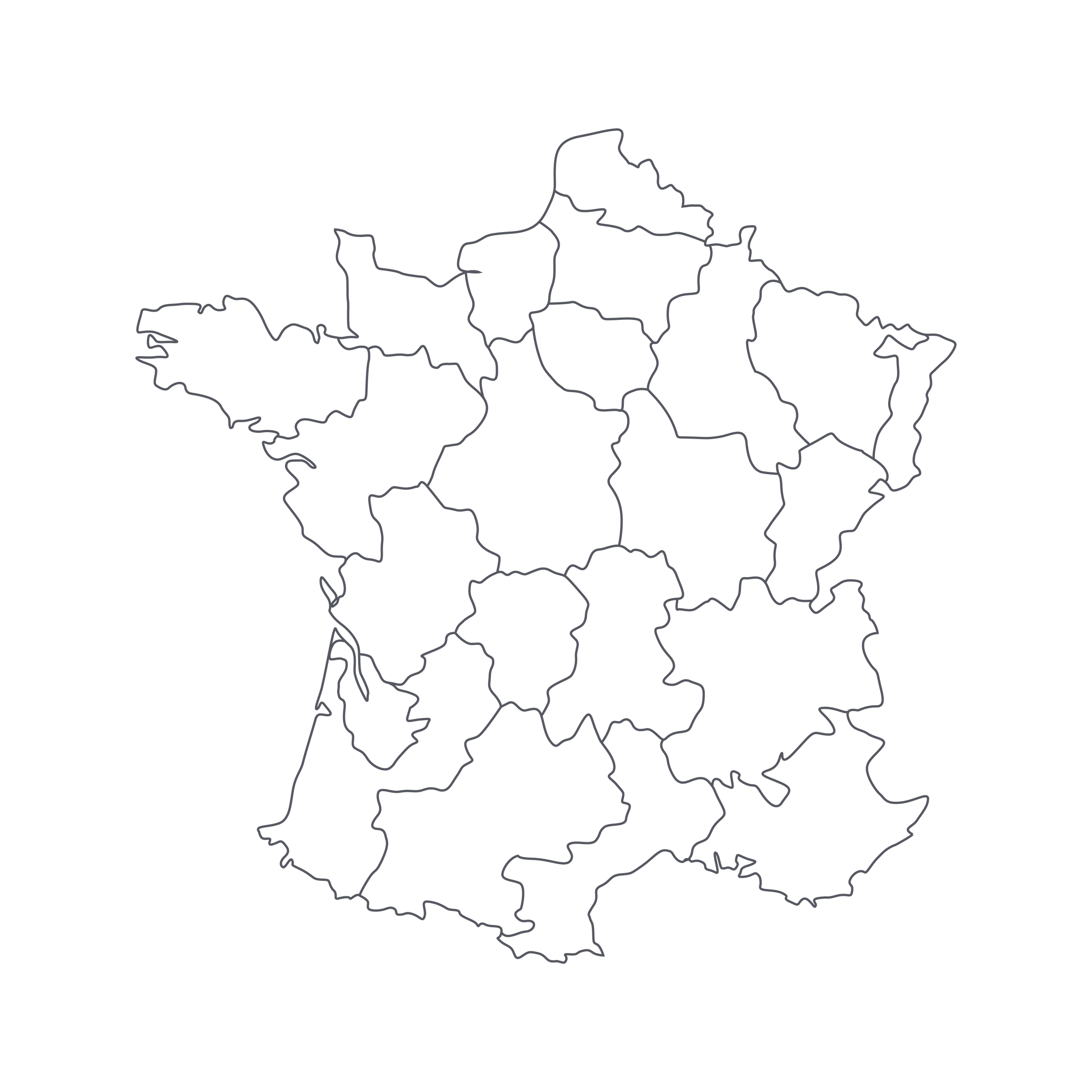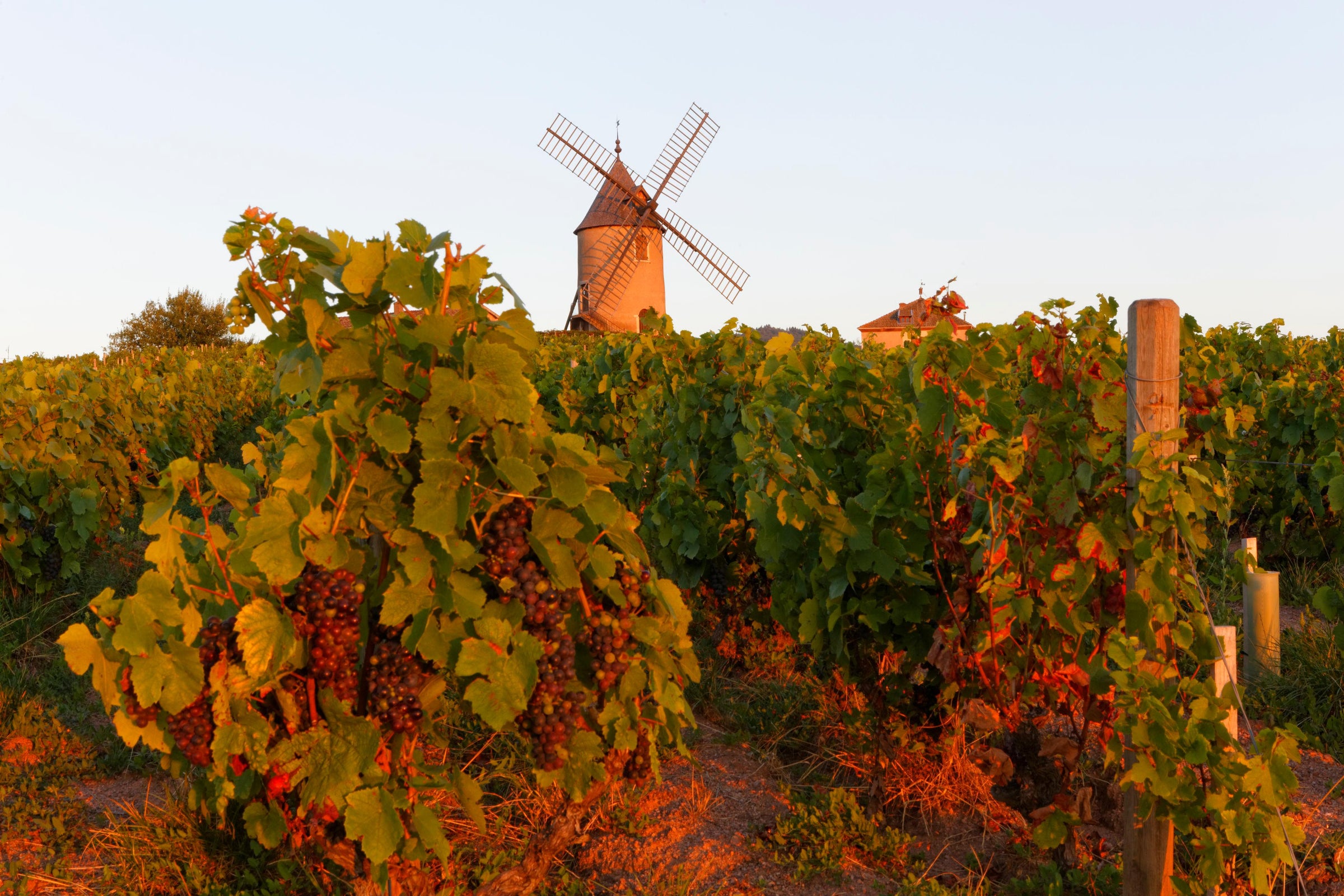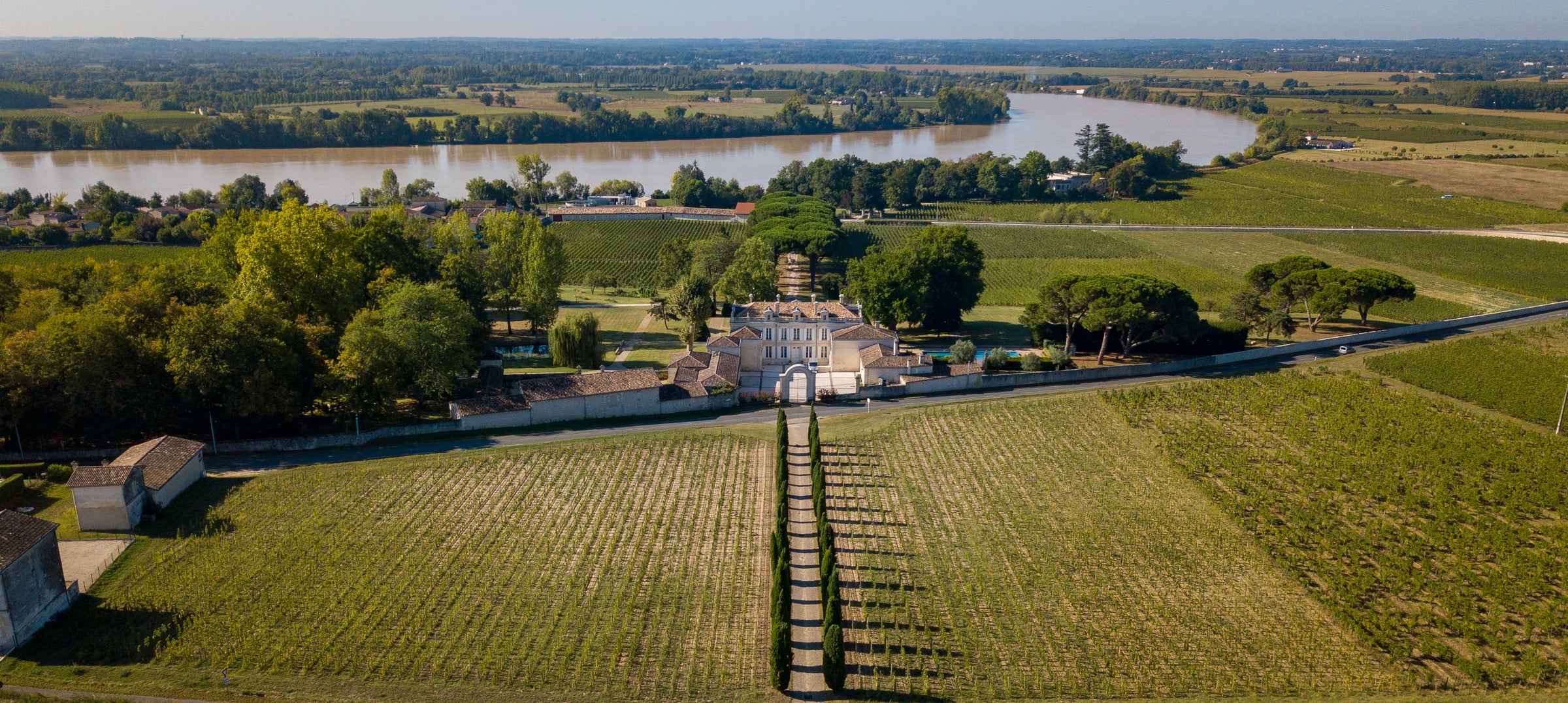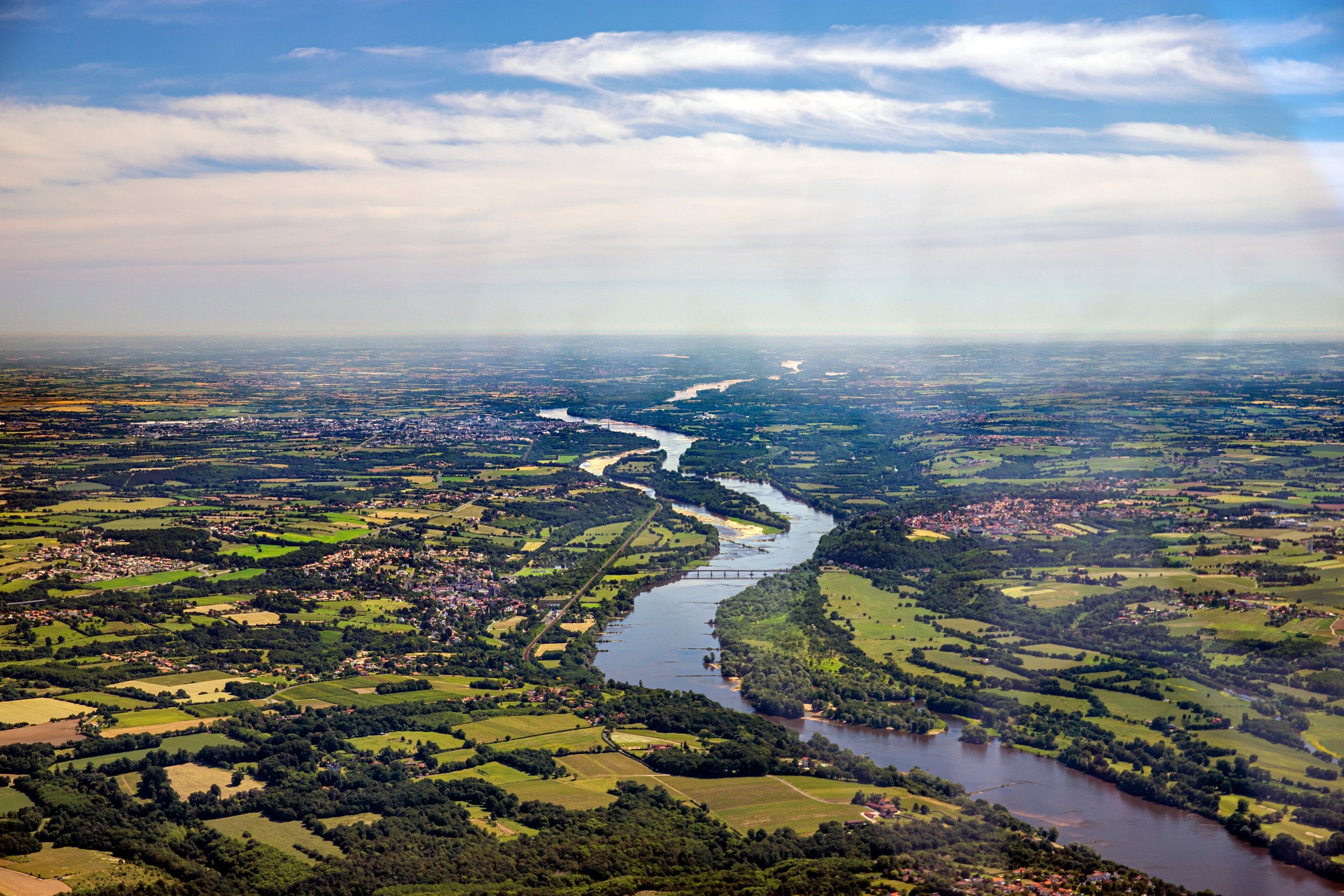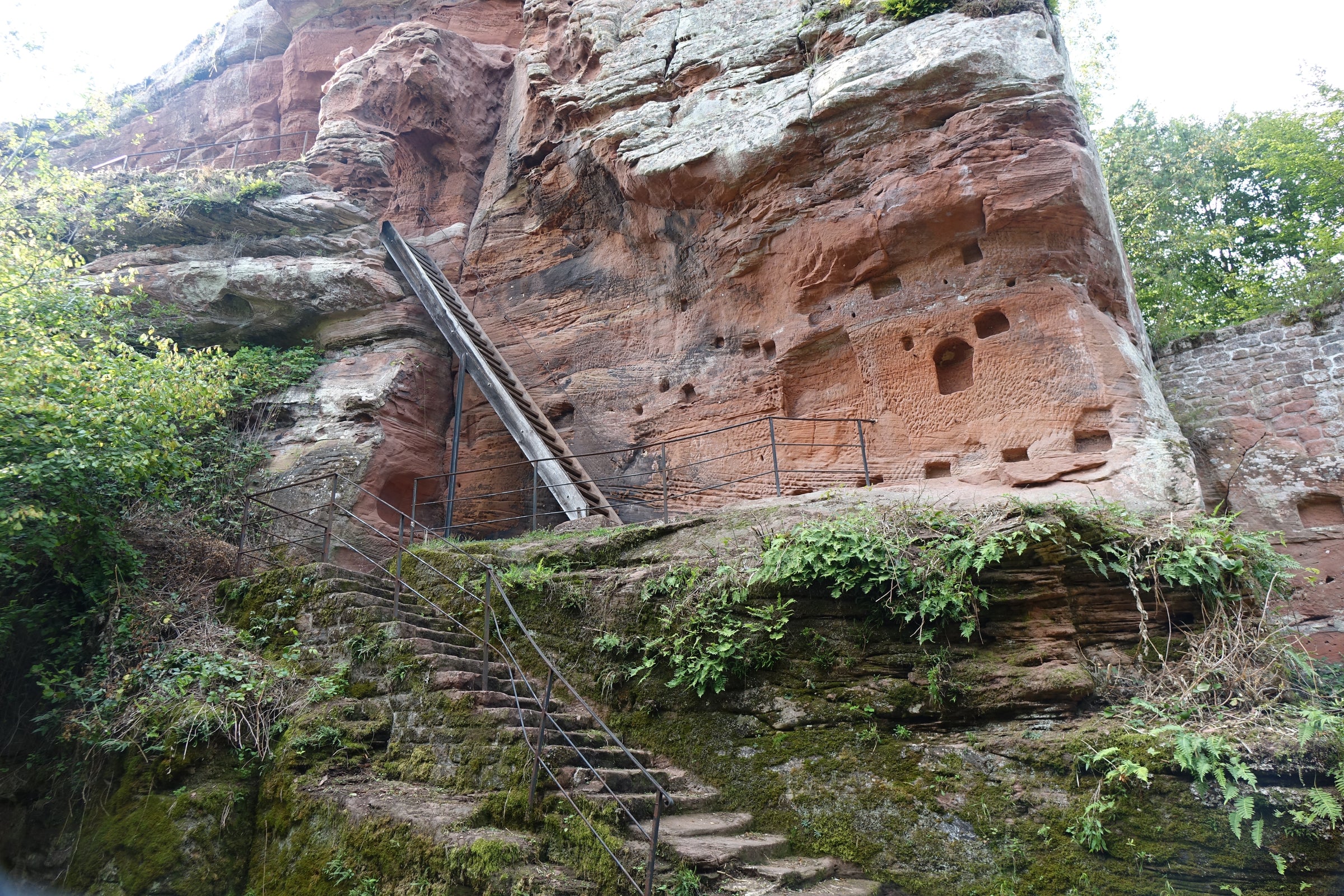With nothing but a glass of today’s wine, I could stand in front of a panel of Burgundy connoisseurs and make a convincing argument that there is (1) no truer expression of Premier Cru terroir, (2) no purer representation of elite red Burgundy, and (3) no greater pound-for-pound Volnay value than François Gaunoux’s deeply cherished yet rarely seen “Clos des Chênes.”
Touted as “one of the finest domaines in all of Burgundy” by luminary Allen Meadows, Gaunoux has completely shaken up the old guards by introducing long, unmanipulated, anti-oak regimens in their ancient cellars. This has allowed them to craft the purest and most authentic Burgundies from their elite holdings. With no oak flavors marring the hallowed terroir of Premier Cru “Clos des Chênes”—one of the finest Pinot Noir sites in the Côte de Beaune—today’s stunner stands out amongst legendary neighbors like Comtes Lafon and Lafarge (both $200+), as well as Le Moine, Girardin, and Bitouzet-Prieur (all $100+). This is as honest, soulful, and lushly textured as they come, a rare case study that beautifully expresses the raw power of a timeless 1er Cru terroir and the natural identity of the luxurious 2018 vintage. It hides behind nothing and it lacks for nothing. For $68, this tiny-production gem is a Burgundy purist’s dream.
Although this small, Meursault-based estate has been passed down the family line for generations, the most recent two are responsible for catapulting it into greatness. Having worked in the vineyards since he was 15, octogenarian François Gaunoux has long been a Burgundy fixture and somewhat of a doyen in the Côte de Beaune. To this day, you’ll still find him piddling around, but for the past two decades, his openly candid and dogmatic daughter Claudine is officially running the show. The pair of them farm and craft everything by hand—but most fascinating of all, Claudine has opted to slowly raise the majority of her wines in stainless steel. They don’t miss the oak one bit.
The village of Volnay produces among the most elegant and gorgeously perfumed reds not only in Burgundy but the world. While Volnay is home to dozens of Premier Crus, there is near-universal agreement that five ancient vineyards—Premier Crus “Clos des Chênes,” “Taillepieds,” “Caillerets,” “Champans,” and “Santenots”—produce the village’s top wines. These are Volnay’s unofficial Grand Crus. Furthermore, if one seeks the ultimate detail, finesse, and intoxicating Pinot Noir aromatics in a village revered for such traits, many whittle this already-short list down to “Clos des Chênes.” Gaunoux’s holdings here don’t amount to much, but every vine is deeply treasured because this 1er Cru is fiercely scrapped over by some of Burgundy’s most respected and exorbitantly priced names.
After hand-harvesting, the grapes are fully de-stemmed and undergo a lengthy 3-4 week fermentation in temperature-controlled stainless steel vats. The wine matures entirely in tank—again, no barrels whatsoever—for 18 months, minimum, before resting further in bottle. Generally, three years pass before the 1er Crus are released to market. Something to note: This is a decidedly “old-school” cellar. Gaunoux’ ancient, hand-dug caves are quiet, stock-still, and largely free of critics’ footprints; if you ever find yourself lucky enough to enter this wine vault, you’ll find dust-caked bottles that have remained undisturbed since the early 1900s. It is breathtaking to witness.
What’s amazing here is that, even in a non-flavor-imparting vessel like stainless steel, you can still pin this as high-quality Volnay, which just further proves how important terroir is in Burgundy! After 30-45 minutes in a decanter, this casts a deep, concentrated dark ruby in the glass and effuses lush aromas of red, purple, blue fruits mixed with smoky/stony minerality, licorice, and damp violets. The palate reveals a firm, medium-plus-bodied Pinot Noir with intense mineral structure and earthiness that complements the dark-robed fruit. The mineral-studded finish shows great density and focus without feeling heavy or unforgivingly hard, like many premium Volnay bottlings can be in their youth. For that reason, feel free to uncork one now and enjoy it over a two-day stretch around 60 degrees. That said, don’t neglect the aging potential for your other bottles! Set those aside for consumption over the next 10-15 years. Cheers!
